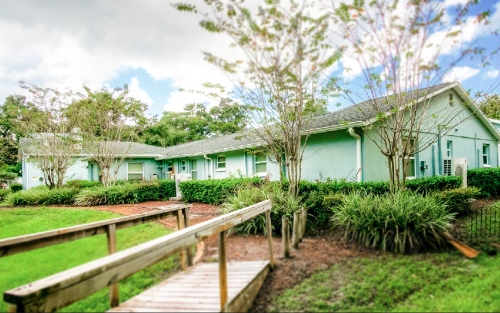
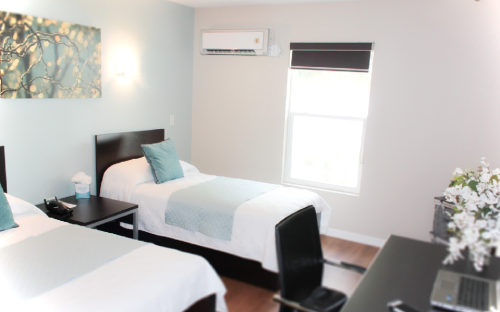




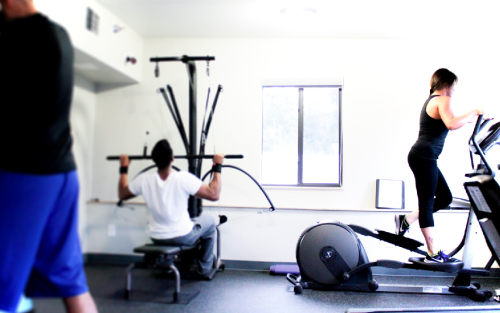
Clean Recovery Centers Port Richey
Verified Center
This provider's information has been quality-checked by Recovery.com's Research Team for accuracy and completeness, including center verification through appropriate third-party organizations.
Treatment Focus
This center treats substance use disorders and co-occurring mental health conditions. Your treatment plan addresses each condition at once with personalized, compassionate care for comprehensive healing.
Primary Level of Care
Offering intensive care with 24/7 monitoring, residential treatment is typically 30 days and can cover multiple levels of care. Length can range from 14 to 90 days typically.
Treatment Focus
This center treats substance use disorders and co-occurring mental health conditions. Your treatment plan addresses each condition at once with personalized, compassionate care for comprehensive healing.
Primary Level of Care
Offering intensive care with 24/7 monitoring, residential treatment is typically 30 days and can cover multiple levels of care. Length can range from 14 to 90 days typically.
Provider's Policy
Payments for services at Clean Recovery Centers can be made through either private insurance, financing plans, or out-of-pocket, self-pay payments. Clean Recovery Centers accepts a wide variety of health insurance provider plans, including the providers listed below. Because insurance plan coverage can change frequently, and we are always adding new health insurers, we recommend calling Clean Recovery Center to discuss insurance coverage, financial planning and payment arrangements for treatment.
Clean Recovery Centers Port Richey
Clean Recovery Centers Port Richey
About Clean Recovery Centers Port Richey
Clean Recovery Centers New Port Richey treats addiction and co-occurring mental health concerns with medically monitored detox and residential care. Their New Port Richey center provides the first phase of Clean Recovery Center's 3-Phase continuum of care: Preparation. In the Preparation phase, clients safely detox and spend 3-4 weeks in residential treatment. Clean Recovery Centers New Port Richey’s facility provides 24/7 care, evidence-based therapies, meals, community, and connections to other Clean Recovery Centers to complete phases 2 and 3.
Medically Monitored Detox
Clean Recovery Centers New Port Richey offers detox as the first step in addiction recovery. Their medical staff supervises the process from start to finish, providing comfort medication as needed. Therapists and counselors can drop by when needed for extra support and encouragement. Once complete with detox, clients begin the residential portion of phase 1.
Residential Treatment
After stabilizing in detox, clients begin 3-4 weeks of residential addiction treatment. In this stage, clients attend therapy with Clean Recovery Centers New Port Richey’s therapists. Their therapists and counselors provide evidence-based therapies in individual, group, and family settings. Clients also receive a diagnosis, if any, of their co-occuring mental health condition. If present, this additional diagnosis can guide the next steps in treatment.
Continuum of Care at Clean Recovery Centers
Clients can progress into the next phases of treatment once they finish phase 1 at Clean Recovery Centers New Port Richey. Clean Recovery Center’s other nearby locations offer phases 2 (Action) and 3 (Maintenance), which help clients take action in their recovery and maintain their success. In phases 2 and 3, clients also begin specialized tracks for substance use or primary mental health—whichever one they need most.

Highlights from the Center
Highlights
These highlights are provided by and paid for by the center.
Joint Commission Accredited
Co-Occurring Disorders Treatment
Medically Assisted Detox
Certified Professionals
Center Overview
Treatment Focus
This center treats substance use disorders and co-occurring mental health conditions. Your treatment plan addresses each condition at once with personalized, compassionate care for comprehensive healing.
Joint Commission Accredited
The Joint Commission accreditation is a voluntary, objective process that evaluates and accredits healthcare organizations (like treatment centers) based on performance standards designed to improve quality and safety for patients. To be accredited means the treatment center has been found to meet the Commission's standards for quality and safety in patient care.

Insurance Accepted
Cash Pay Rates
Estimated Cash Pay Rate
Center pricing can vary based on program and length of stay. Contact the center for more information. Recovery.com strives for price transparency so you can make an informed decision.
Meet Your Care Team

Dr. Vijapura
Medical Director
MD

Veronica Zubia
Clinical Director
LMHC, MCAP

Charles Robinson
Clinical Supervisor
LMHC
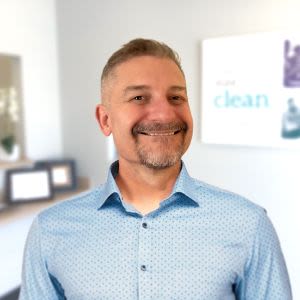
Victor Kovalev
Director of Nursing
MA, LMHC, RN, NCC
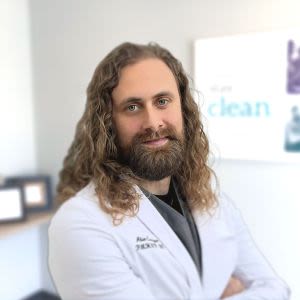
Alon Corrigan
Nurse Practitioner
PMHNP
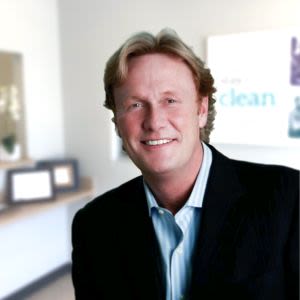
Shayne Sundholm
Executive Chairman, Co-Founder
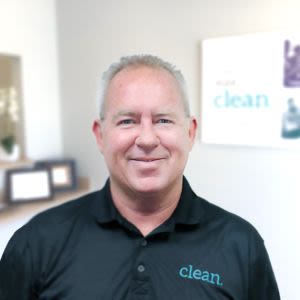
Nick Cuneo
President, Co-Founder
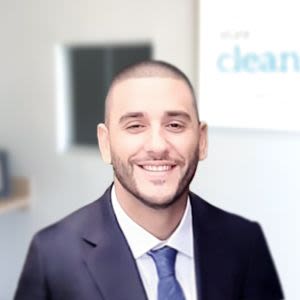
Paul Tzatzimakis
Chief Executive Officer




Levels of Care






Your Care Options
Specializations
Alcohol
Using alcohol as a coping mechanism, or drinking excessively throughout the week, signals an alcohol use disorder.
Depression
Symptoms of depression may include fatigue, a sense of numbness, and loss of interest in activities. This condition can range from mild to severe.
Drug Addiction
Drug addiction is the excessive and repetitive use of substances, despite harmful consequences to a person's life, health, and relationships.
Methamphetamine
Methamphetamine, or meth, increases energy, agitation, and paranoia. Long-term use can result in severe physical and mental health issues.
Trauma
Some traumatic events are so disturbing that they cause long-term mental health problems. Those ongoing issues can also be referred to as "trauma."
Who We Treat
Young Adults
Emerging adults ages 18-25 receive treatment catered to the unique challenges of early adulthood, like college, risky behaviors, and vocational struggles.
Men and Women
Men and women attend treatment for addiction in a co-ed setting, going to therapy groups together to share experiences, struggles, and successes.
Midlife Adults
For adults ages 40+, treatment shifts to focus on the unique challenges, blocks, and risk factors of their age group, and unites peers in a similar community.
Approaches
Evidence-Based
A combination of scientifically rooted therapies and treatments make up evidence-based care, defined by their measured and proven results.
Medical
Medical addiction treatment uses approved medications to manage withdrawals and cravings, and to treat contributing mental health conditions.
Therapies
1-on-1 Counseling
Patient and therapist meet 1-on-1 to work through difficult emotions and behavioral challenges in a personal, private setting.
Couples Counseling
Partners work to improve their communication patterns, using advice from their therapist to better their relationship and make healthy changes.
Family Therapy
Family therapy addresses group dynamics within a family system, with a focus on improving communication and interrupting unhealthy relationship patterns.
Relapse Prevention Counseling
Relapse prevention counselors teach patients to recognize the signs of relapse and reduce their risk.
Conditions We Treat
Anxiety
Anxiety is a common mental health condition that can include excessive worry, panic attacks, physical tension, and increased blood pressure.
Depression
Symptoms of depression may include fatigue, a sense of numbness, and loss of interest in activities. This condition can range from mild to severe.
Stress
Stress is a natural reaction to challenges, and it can even help you adapt. However, chronic stress can cause physical and mental health issues.
Trauma
Some traumatic events are so disturbing that they cause long-term mental health problems. Those ongoing issues can also be referred to as "trauma."
Substances We Treat
Alcohol
Using alcohol as a coping mechanism, or drinking excessively throughout the week, signals an alcohol use disorder.
Benzodiazepines
Benzodiazepines are prescribed to treat anxiety and sleep issues. They are highly habit forming, and their abuse can cause mood changes and poor judgement.
Co-Occurring Disorders
A person with multiple mental health diagnoses, such as addiction and depression, has co-occurring disorders also called dual diagnosis.
Cocaine
Cocaine is a stimulant with euphoric effects. Agitation, muscle ticks, psychosis, and heart issues are common symptoms of cocaine abuse.
Drug Addiction
Drug addiction is the excessive and repetitive use of substances, despite harmful consequences to a person's life, health, and relationships.
Ecstasy
Ecstasy is a stimulant that causes intense euphoria and heightened awareness. Abuse of this drug can trigger depression, insomnia, and memory problems.
Heroin
Heroin is a highly addictive and illegal opioid. It can cause insomnia, collapsed veins, heart issues, and additional mental health issues.
Psychedelics
Hallucinogenic drugs—like LSD—cause euphoria and increased sensory experiences. When abused, they can lead to depression and psychosis.
Languages
Aftercare
Care Designed for Your Needs
Personal Amenities
Amenities






